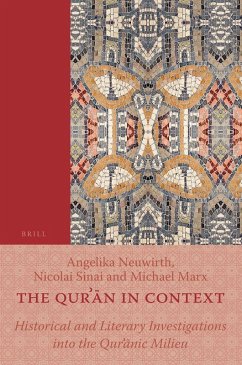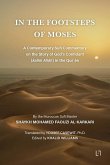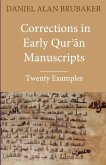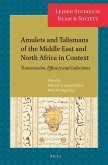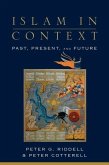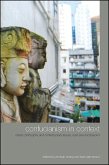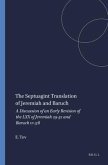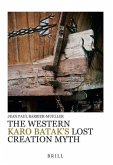Although recent scholarship has increasingly situated the Qur' n in the historical context of Late Antiquity, such a perspective is only rarely accompanied by the kind of microstructural literary analysis routinely applied to the Bible. The present volume seeks to redress this lack of contact between literary and historical studies. Contributions to the first part of the volume address various general aspects of the Qur' n s political, economic, linguistic, and cultural context, while the second part contains a number of close readings of specific Qur' nic passages in the light of Judeo-Christian tradition and ancient Arabic poetry, as well as discussions of the Qur' n s internal chronology and transmission history. Throughout, special emphasis is given to methodological questions.
Hinweis: Dieser Artikel kann nur an eine deutsche Lieferadresse ausgeliefert werden.
Hinweis: Dieser Artikel kann nur an eine deutsche Lieferadresse ausgeliefert werden.

